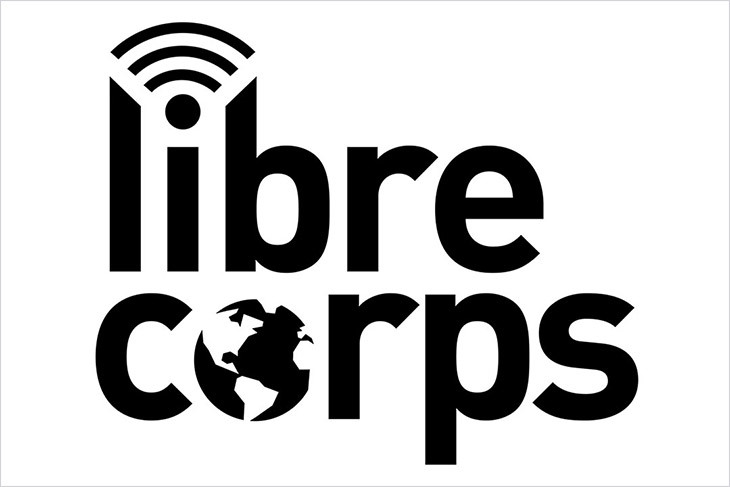Open@RIT Fellowship Program supports faculty and staff open projects
LibreCorps supports 21 open projects, from ASL linguistics to interactive media
LibreCorps
A new Open@RIT Fellowship Program is providing LibreCorps support for faculty open source projects at RIT
Open@RIT, the university’s open programs office, has established a fellowship program to support faculty and staff with their work in the open community.
Twenty-one projects have been selected from across the university for open work in everything from game development to ASL linguistics. Each fellow will receive support from an Open@RIT LibreCorps team during 2021.
RIT’s LibreCorps initiative helps students find internships and contribute to open source humanitarian, community and education projects with organizations. The LibreCorps team is funded as part of a nearly $500,000 grant from the Alfred P. Sloan Foundation.
Chris Kurz, professor in the Master of Science in Secondary Education program at NTID, was among seven people with a project in the first cohort. The fellows program worked with Kurz to bring a fresh look to an open source platform that his team has been building throughout the past two years.
Kurz is leading the World Around You project, aimed at increasing global literacy for deaf children. The platform includes a repository of multilingual stories for deaf and hearing children.
“They shared with us their research and recommendations for the platform to make it more interactive and engaging for our end users,” said Kurz. “They are professional with their work and they welcome our feedback. My team is looking forward to continuing this collaboration with the program to make stories accessible to children worldwide.”
W. Michelle Harris, associate professor in RIT’s School of Interactive Games and Media, has used open software developed by the Processing Foundation for more than a decade in the introductory programming sequence for new media interactive development students. Working with the Open@RIT Fellows Program—which handled the communications, logistics and coordinating a student workforce—they were able to translate and add new raw examples to the Processing Foundation’s repository of examples and tutorials.
“It gives me great joy to be able to offer something back to the Processing community, in the form of examples we have developed for teaching intro programming,” said Harris. “It’s something I never would have accomplished on my own.”
The Open@RIT initiative is dedicated to supporting all kinds of “open work,” including — but not limited to — open source software, open science, open data, open hardware, open educational resources, Creative Commons licensed work, and open research.
Open work is non-proprietary—meaning it’s licensed to be publicly accessible and anyone can modify or share, within the terms of the license. While the original term, “open source” came out of the software industry, it has since become a set of values that has applications in everything from science to media.
Other Open@RIT fellows are doing work in computational astrophysics, plant genetics, accessibility of open access journals, open data, software development and testing, conservation and more. For more information, go to the Open@RIT website.










